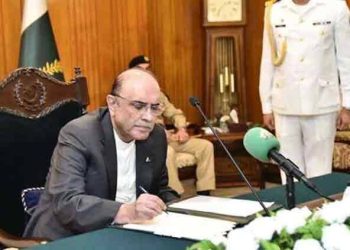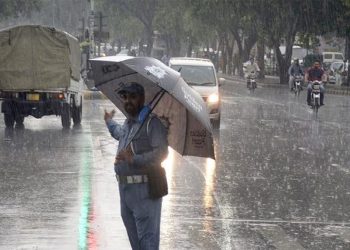The State Bank of Pakistan has made a startling revelation regarding a massive Rs97 billion lying in the dormant bank accounts of Pakistan. This was disclosed in a recent meeting of the Senate Standing Committee on Finance,
The substantial sum, which has accumulated over the years, is spread across 10.4 million temporarily closed accounts in various banks throughout the country. These accounts, which have been inactive for a decade, represent a significant amount of forgotten wealth that has gone unnoticed by the citizens who own it.
The meeting, chaired by Senator Saleem Mandviwala, highlighted the issue of these inactive accounts and the potential implications for both the account holders and the banking sector. Officials from the State Bank of Pakistan (SBP) provided insights into the matter, explaining that these funds have remained untouched for a long period, with many account holders seemingly unaware of the money they still have in these accounts.
During the briefing, a proposal was discussed to extend the current 10-year inactivity period, after which accounts are considered permanently closed, to 15 years. According to the existing regulations, if an account remains inactive for 10 years and the account holder does not respond to three notices sent by the bank, the funds are then transferred to the State Bank of Pakistan.
However, it was noted that despite the long dormancy period, a significant number of account holders still approach banks to reactivate their accounts. This trend suggests that many individuals may be unaware of their dormant funds or may have forgotten about these accounts due to various reasons, such as changing banks or moving abroad.
The committee recognized the importance of maintaining a flexible and customer-friendly approach toward reactivating these accounts. As a result, the proposal to extend the inactivity period and provide more opportunities for account holders to reclaim their funds was met with approval. This decision is seen as a positive step, allowing citizens to regain access to their forgotten wealth and potentially injecting much-needed liquidity into the economy.



































